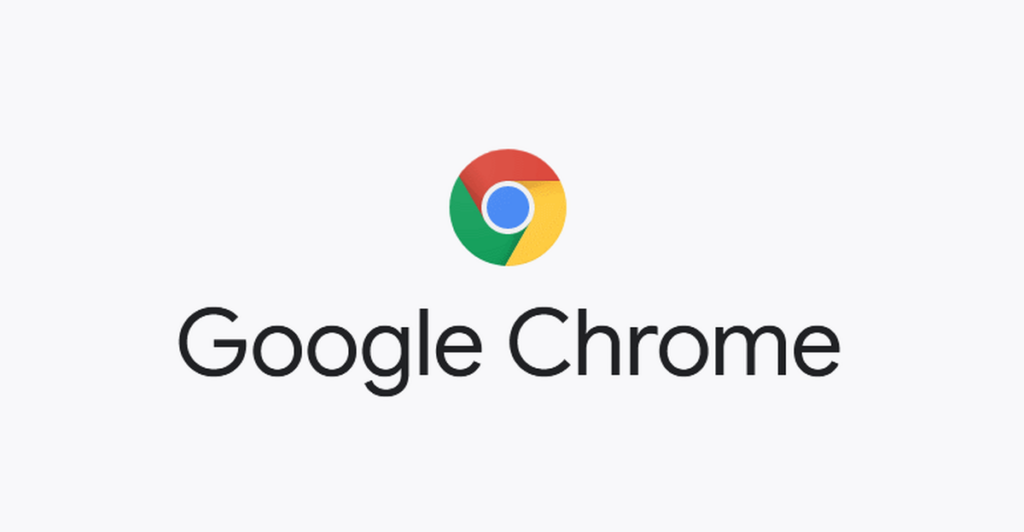In response to a long-disputed tracking lawsuit, Google Chrome has introduced a revamped warning message for its built-in Incognito Mode, aiming to provide users with clearer information about their privacy while browsing. The modification, spotted by MSPowerUser on Google Chrome Canary 122.0.6251.0, serves as a proactive measure amid an impending settlement in a class action lawsuit that has been haunting the tech giant since 2020.
The traditional Incognito Mode message on the stable channel reassured users with, “Now you can browse privately, and other people who use this device won’t see your activity. However, downloads, bookmarks and reading list items will be saved.” However, the updated warning clearly states, “others who use this device won’t see your activity, so you can browse more privately. This won’t change how data is collected by websites you visit and the services they use, including Google. Downloads, bookmarks and reading list items will be saved.”
This shift in messaging is a direct response to a lawsuit alleging that Google, despite claims of enhanced privacy in Incognito Mode, continued to “track, collect, and identify users’ browsing data in real time.” The lawsuit, which was initiated in 2020, highlighted a significant gap between the perceived privacy of Incognito Mode and the actual data collection practices.
The updated warning now explicitly informs users that websites can still gather data on their browsing activity even when Incognito Mode is active. The local storage of downloads, bookmarks, and reading list items on the user’s device remains unaffected by the Incognito Mode.
These modifications in Chrome’s Incognito Mode warning come at a crucial juncture, signaling Google’s response to privacy concerns and potential legal consequences. The impending settlement agreement, slated for presentation by the end of the month with possible approval in February, suggests a concerted effort by Google to address the privacy issues raised by users during their private browsing sessions.









348 replies
Loading new replies...
Join the full discussion at the OnlyTech Forums →